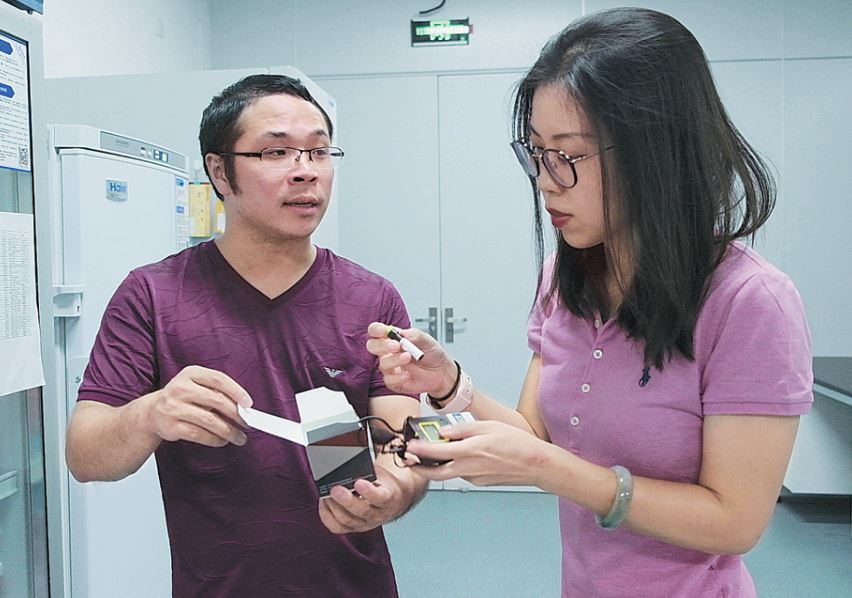Most impressive manufacturing hub


For all these companies, the domestic market is the overwhelming source of demand for their products. This indicates that the newly formulated "dual circulation" economic development strategy, emphasizing the domestic market while maintaining openness to trade and foreign investment, will be a straightforward transition for many firms in the Yangtze River Delta region.
Another key factor enabling the success of these firms is that they are immersed in industrial clusters-meaning conveniently located suppliers, competitors, customers, distribution network, shippers, workers and so forth-in the same industry. The geographic proximity of needed inputs and industry-related expertise allows firms to specialize and become more productive. Many countries have tried to create industrial clusters, but it is very difficult to replace all the integrated industrial and supply networks needed. Despite protectionism from other countries, it is highly unlikely that industrial clusters can be reproduced or moved. So, most industrial production won't be leaving China anytime soon, if ever.
We visited several long-established, fairly large, private high-tech companies. Zhejiang Jiuli High-Tech Metals Company, in the Wuxing district of Huzhou, makes specialized stainless-steel pipes, enameled wire, steel structures and industrial parts, mostly for the energy and petroleum industry. And the DTIOT factory in the Nanxun district makes fiber optic cable.
Both companies face strong domestic and international competition in some of their core products, especially within the Chinese market. To maintain a competitive advantage, they invest heavily in the research and development needed to develop higher profit, specialized, niche products. To do this, they need access to capital, a good business environment, and a qualified workforce. Support of both local and national governments has been critical in creating the needed environment that allows these companies to compete.




































